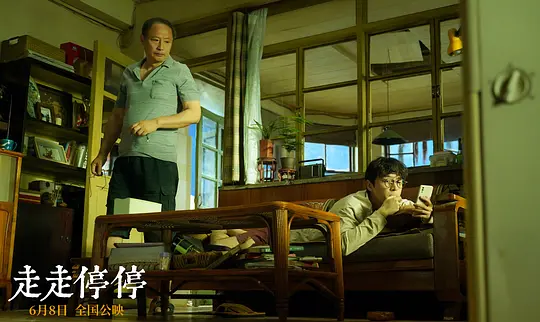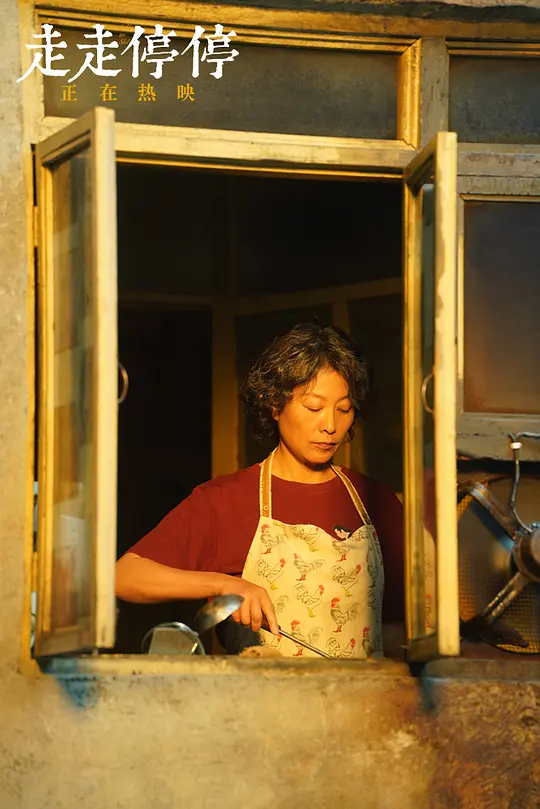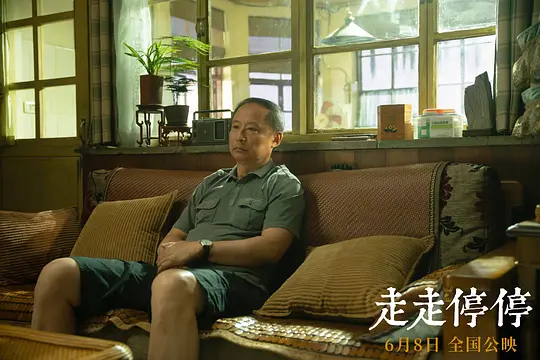
Another interpretation of success
Wu Di and his mother once discussed success. His mother told him a story about their neighbor, Old Xiong. "The old neighbor passed away from cancer two years ago. He failed in business when he was young, never got married, had no children, and lived with his mother until he grew old, relying on teaching children to play the piano. In the end, when he was no longer able, he once asked the old man to help find a better piano teacher for a talented student of his. It seemed like he was not successful in his life, but we all remember that person fondly. He was a good man. Success is not necessarily gold, and failure is not necessarily dirt. Whether one is doing well or poorly is just what others say. You just need to know what it looks like. Did you hear that?"
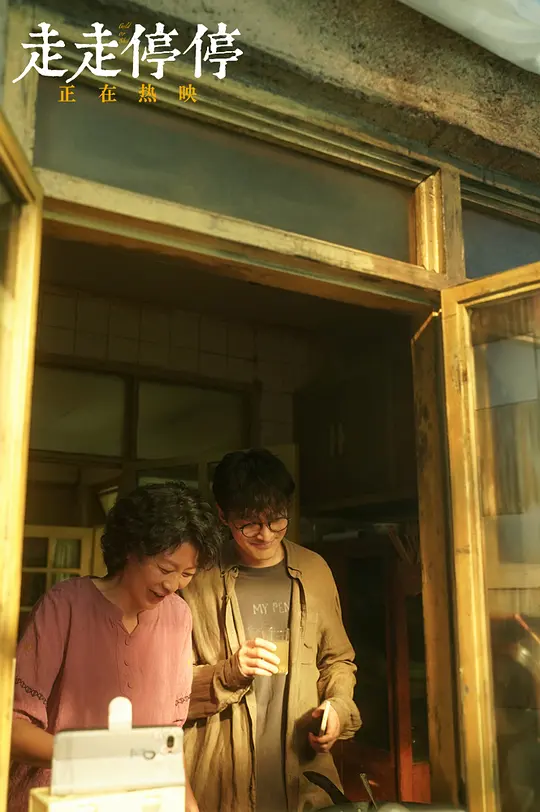
From caring about how others see you to caring about how you see yourself is a huge progress for Chinese people. For a long time, we lived in the eyes and opinions of others; when others praised me, I rushed forward eagerly; when others criticized me, I felt dejected and hesitant. My mother's words represent a kind of confidence and composure. But it can also go astray, as everyone sees themselves as right and others as wrong. As the ancient saying goes: "There is a path that people think is right, but in the end, it becomes a path to death." (Proverbs 14:12) It can be seen that one's own opinion is also unreliable.
Dad, Mom, and my younger sister have all gone through life's trials, and they often come out with golden sayings. When discussing the reason for Wu Di's return home, his mother said, "What you lack is not opportunity, but strength"; Wu Shuang also complained, "It's a matter of endurance; men can't stick to anything for too long." After finishing filming at an outdoor location, his mother sighed, "This place is really beautiful; if it were for filming, I probably wouldn't come here in my lifetime. Sometimes, just taking that one step out makes all the difference!" Wu Di praised his mother for acting well, but she said, "At my age, one naturally knows how to act."
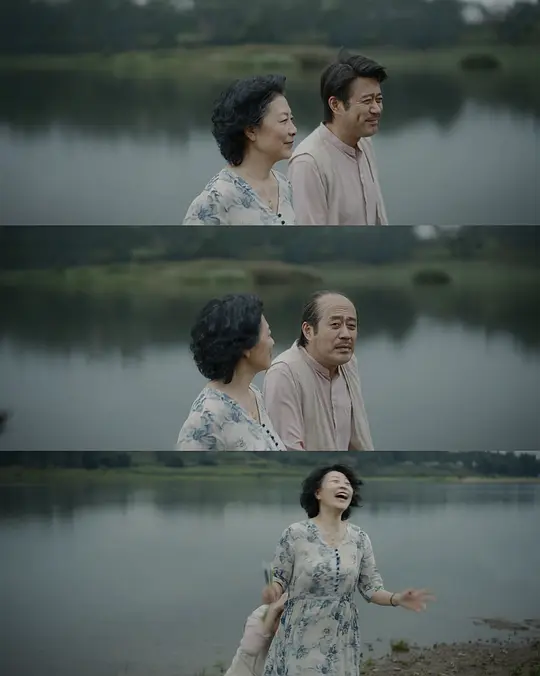
The film also uses some props to convey emotions and express nostalgia. His mother was reluctant to buy an expensive massage chair; every time she went to the mall, she would spend a few minutes trying it out until a salesgirl came over, and then she would pretend nothing happened and get up to leave. After Wu Di found out, he often went to that store to inquire about the price of the massage chair, to the point where the salesgirl thought he was someone who was just waiting for it to go on sale.
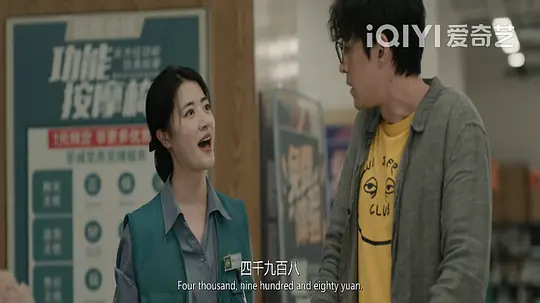
Finally, the sample chair was discounted to half price, and the salesgirl happily informed Wu Di, who had come to browse the store. Wu Di first shook his head to indicate he didn't want it, but then he thought about it and turned back to ask if he could try it out. In fact, it wasn't that he needed to try it himself, but he wanted to experience the feeling of his mother sitting in the massage chair. The connection between mother and son was subtly expressed through this small massage chair, deeply touching people's hearts.
Chinese people are not good at expressing themselves directly; sometimes they even say the opposite and hold grudges against each other, which is often the case with Wu Di's family. In fact, they all have warm hearts towards family and friends. Isn't this kind of calm and humor-filled life also a form of success? "How good and pleasant it is when brothers live together in harmony! ... For there the Lord bestows his blessing, even life forevermore." (Psalms 133:1, 3)
Friday, July 12, 2024
